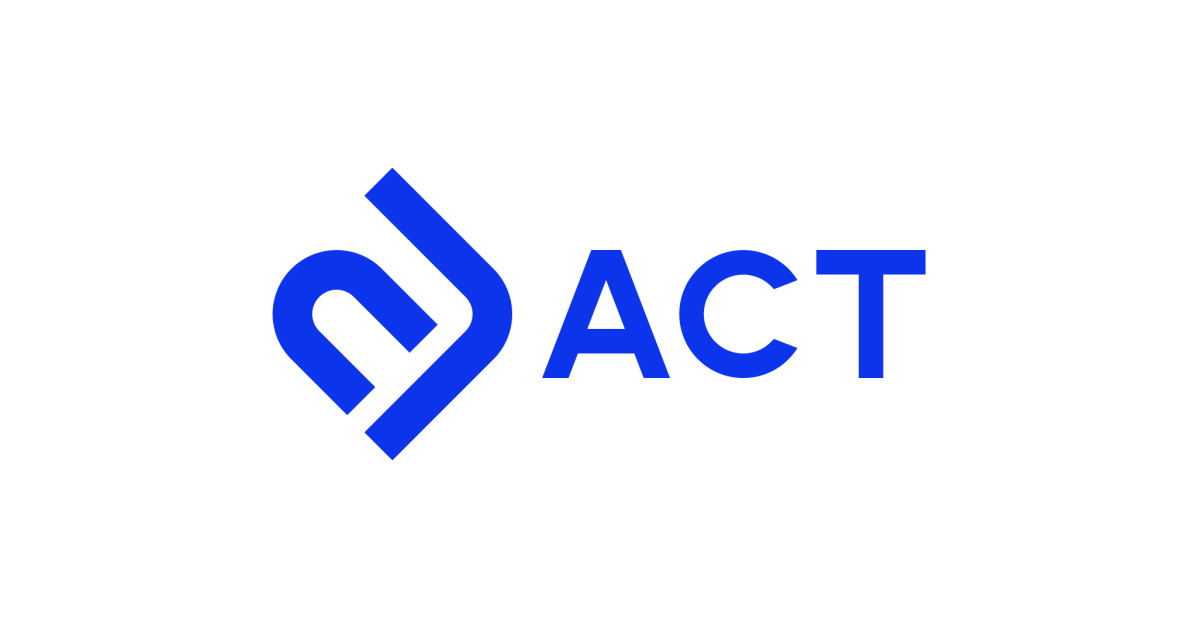The crucial role of outsourcing in demystifying regulatory compliance in cybersecurity

🔊 Take a moment and listen
A BFSI organization faced frequent phishing, ransomware, DDoS, and supply chain attacks, intensified by limited in-house expertise and tool access. Engaging a Managed Security Service Provider (MSSP) for Security Operations Center as a Service (SOCaaS), Managed Detection and Response as a Service (MDRaaS), and other cybersecurity services fortified their defenses, mitigating risks effectively. Similarly, during a cybersecurity upgrade, a leading logistics firm suffered a ransomware attack, which was swiftly mitigated with MSSP assistance. The security provider leveraged Managed Detection and Response, which helped boost the organization’s 24/7 threat visibility and management, enhancing its overall cyber resilience.
MSSPs also help organizations comply with the necessary cybersecurity compliance standards and industry regulations, enabling the latter to foster trust with customers and partners, avoid huge penalties, and safeguard their reputations.
Navigating the path to compliance can be a challenge
Successfully navigating the complex and time-consuming regulatory landscape, combined with the scarcity of in-house cybersecurity expertise, makes achieving compliance challenging. Non-compliance with cybersecurity regulations casts a shadow of concern across industries, significantly impacting their day-to-day operations. Within the healthcare sector, patient data stands as a fundamental pillar of trust between providers and patients. Stringent cybersecurity regulations, including the IT Act 2000, CERT-IN, DPDPA, and HIPAA, govern the safeguarding of this sensitive information. Similarly, the BFSI sector, vital to the economy’s sustenance, relies heavily on customers’ trust. Compliance requirements, enforced by entities such as RBI, SEBI, CERT-IN, and DPDPA, dictate financial data protection. The repercussions of non-compliance are severe and multifaceted, ranging from monetary penalties and regulatory sanctions to reputational harm and disruptions in operations.
- Continuous evolution of regulatory frameworks
Establishing and keeping up with cyber compliance is easier said than done, with organizations of all sizes facing several challenges. Regulatory frameworks evolve continuously and are shaped by the changing threat landscape, market dynamics, and the introduction of new products and services. Often, organizations struggle to keep pace with these rapid regulatory changes, primarily due to resource constraints, whether in advanced technologies and solutions or in-house expertise. The huge investments required in these areas impose a significant financial burden on organizations. For example, many financial institutions, especially those operating across multiple jurisdictions, found it challenging to comply with GDPR as it mandated significant changes in how companies collect, store, and process personal data, with a strong emphasis on privacy and consent. - Need for continuous monitoring and constant team vigilance
The journey toward regulatory compliance requires 24/7 monitoring and constant team vigilance, posing a significant challenge amid time and resource constraints. On the other hand, cybercriminals armed with sophisticated technologies and complex strategies are an ever-growing threat. For instance, the WannaCry ransomware attack affected organizations worldwide, including the National Health Service (NHS) in the UK, leading to the cancellation of nearly 20,000 hospital appointments and surgeries. - Complexity of the current work environment
Further complicating matters is the dynamic nature of the modern workforce environment, characterized by a lack of clearly defined security perimeters. With organizations transitioning to cloud-based infrastructure and witnessing a proliferation of IoT-connected devices, safeguarding digital assets and meeting regulatory requirements become more and more complex. An example of the challenges this complexity can introduce is seen in the SolarWinds breach, which affected approximately 18,000 customers who had installed the malicious software update, leading to potential data compromises across government and private sectors. This SolarWinds software is used to monitor and manage IT resources.
Also Read | A Proactive Approach to Cybersecurity: Thinking Like an Attacker
Rescue by MSSP: Bridging the cybersecurity talent and technology gaps

- Addressing the cybersecurity talent deficit
According to the Global Cybersecurity Outlook 2024 from the World Economic Forum, there is a global shortage of nearly 4 million cyber professionals. Within numerous organizations, the cybersecurity talent deficit persists, intensifying the burden of meeting compliance requirements. In this landscape, MSSPs emerge as invaluable allies, offering comprehensive support to organizations striving to meet their cybersecurity regulatory obligations. - Advisory role of MSSPs
Equipped with specialized expertise and a thorough understanding of regulatory frameworks, MSSPs stay abreast of rapidly evolving standards. They serve as trusted advisors, providing vital guidance to organizations on navigating new regulatory landscapes and effectively implementing compliance measures. - Round-the-clock monitoring and threat detection
With round-the-clock monitoring and threat detection services, MSSPs swiftly detect and respond to potential compliance breaches, ensuring immediate action is taken. Moreover, MSSPs offer continuous monitoring of systems, networks, and applications, alongside providing regulatory reporting to demonstrate compliance adherence. - Tailored Security Solutions
MSSPs develop customized security strategies that align with an organization’s specific requirements, keeping in view factors like industry, size, and risk profile. This tailored approach ensures security measures are both effective and efficient. By delivering tailored security solutions to align with specific industry requirements, MSSPs strengthen organizations’ defenses against potential threats. - Cost-effectiveness
By outsourcing to MSSPs, organizations can reduce the cost of hiring, training, and maintaining an in-house cybersecurity team. MSSPs offer a scalable service model that adapts to the customer’s changing security requirements without the need for full-time employees. Also by leveraging economies of scale, which in turn give the best available technology to our customers at a reduced cost per customer. - Enhanced focus on core business
With MSSPs taking on the responsibility of cybersecurity management, organizations can focus more on their core business activities without being sidetracked by complex security concerns. - Robust incident response capabilities
In the unfortunate event of a security incident, MSSPs provide robust incident response capabilities to mitigate security incidents at speed, thereby minimizing the impact on regulatory compliance. - Audits, Assessments, and Reporting
MSSPs also assist in conducting regular audits and assessments, automating documentation processes, and streamlining compliance reporting. They evaluate an organization’s compliance posture, identify gaps, and recommend remedial measures. MSSPs serve as indispensable partners in navigating the complex landscape of cybersecurity compliance, bridging the gap between regulatory requirements and organizational capabilities.
Also Read | Harnessing AI and Automation to enhance Cybersecurity
In an era marked by escalating cybersecurity threats and increasingly stringent regulatory mandates, organizations must prioritize cyber compliance to safeguard their digital assets and boost risk management efforts. Partnering with an MSSP empowers organizations to navigate the complex regulatory landscape with confidence, ensuring robust compliance measures are in place to protect against emerging threats.
Views expressed by- Amit Singh, Managing Director (Asia-Pacific and Japan) Terraeagle
Be a part of Elets Collaborative Initiatives. Join Us for
Upcoming Events and explore business opportunities. Like us on
Facebook , connect with us on
LinkedIn and follow us on
Twitter,
Instagram.



